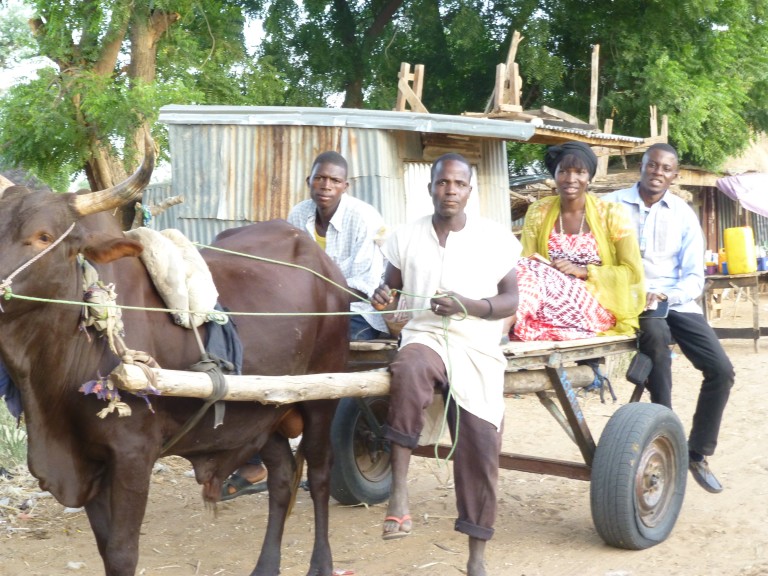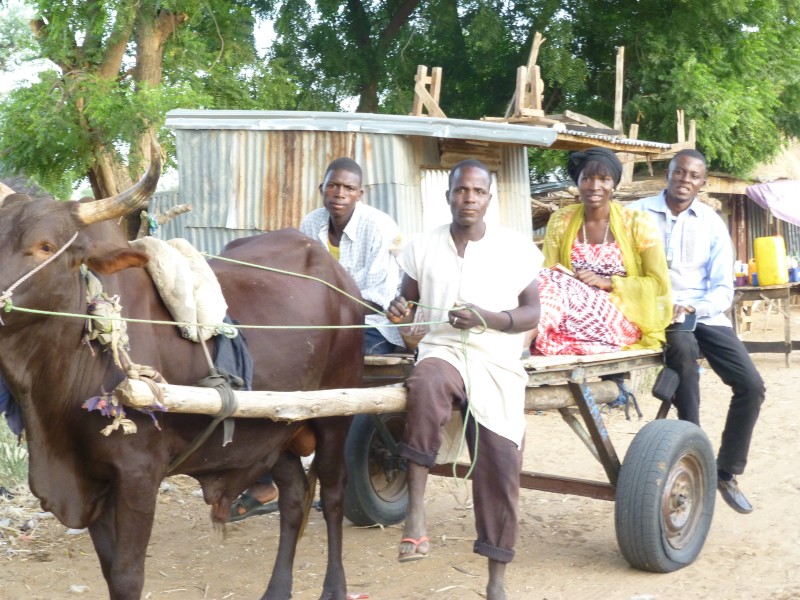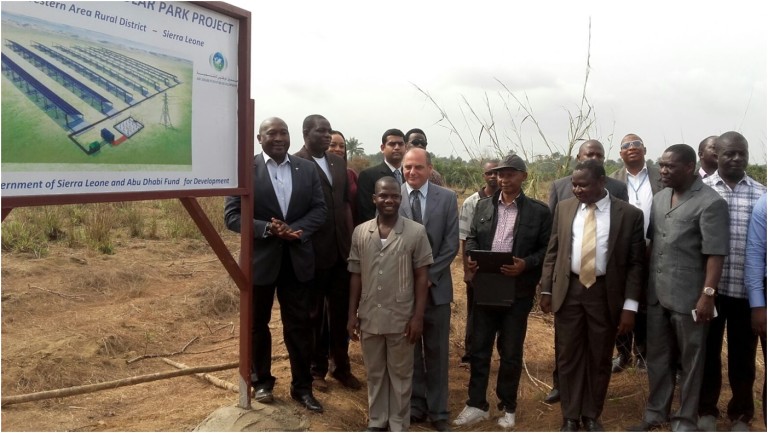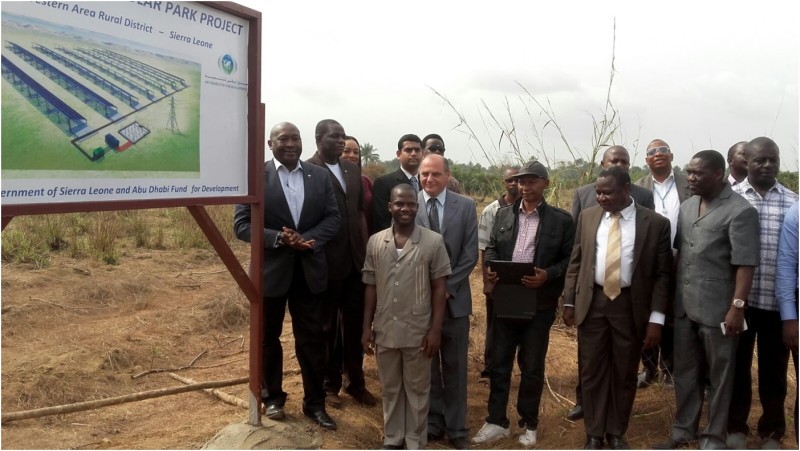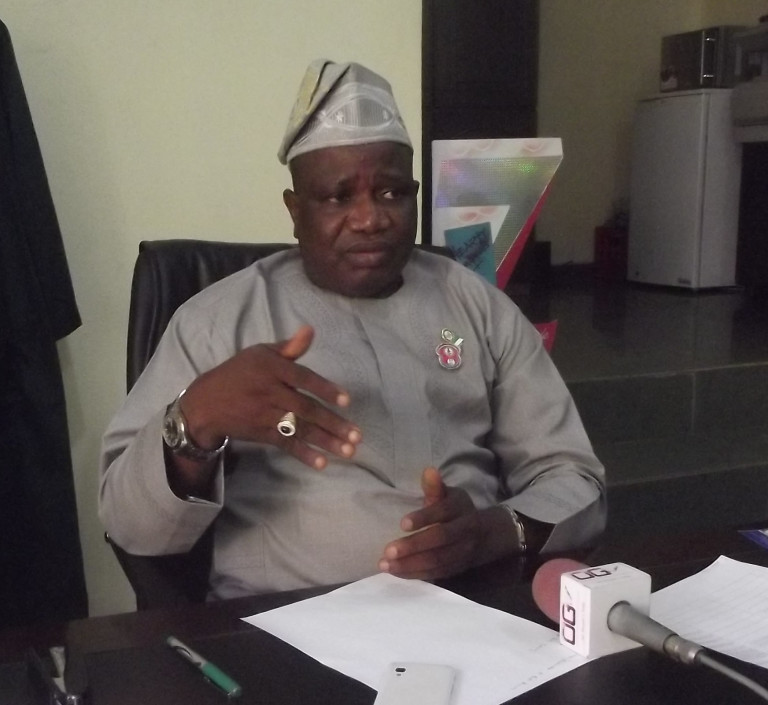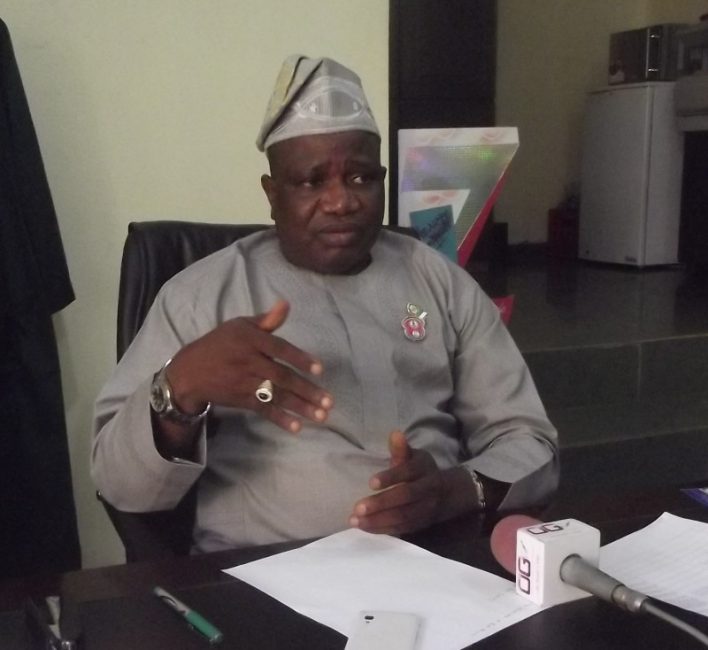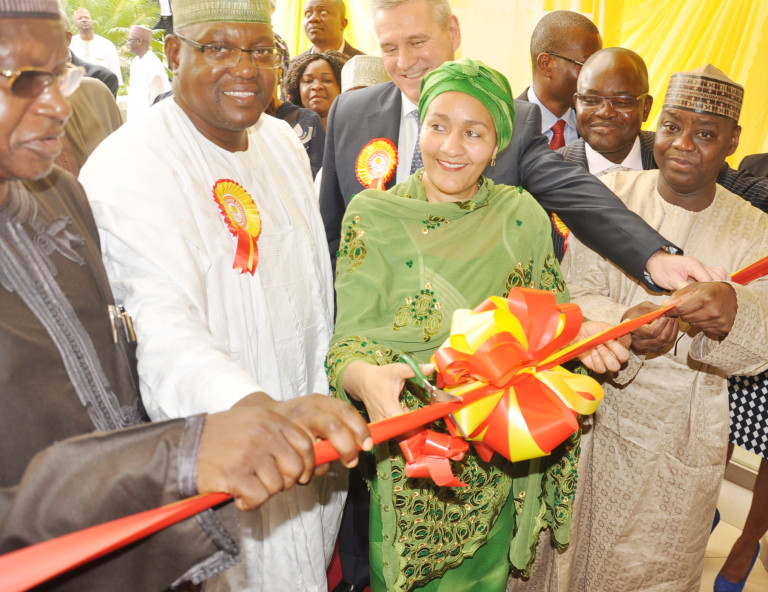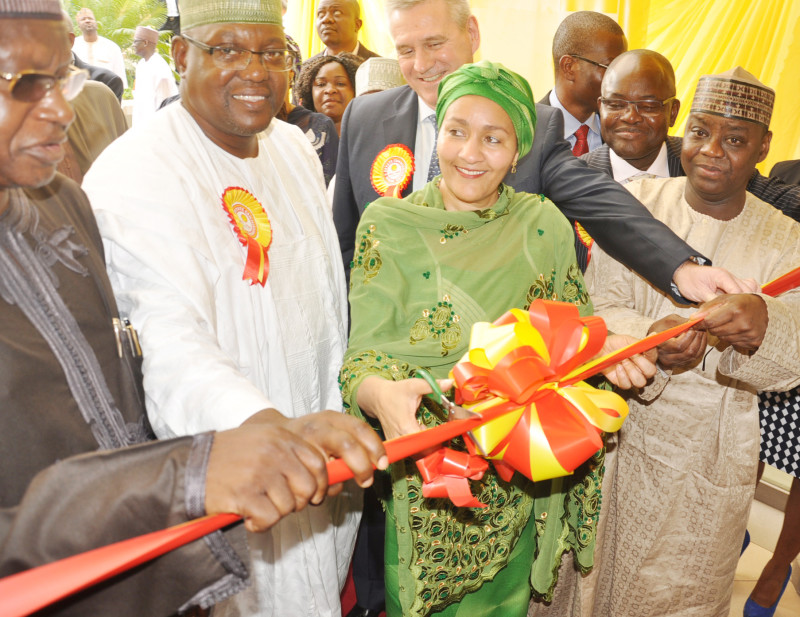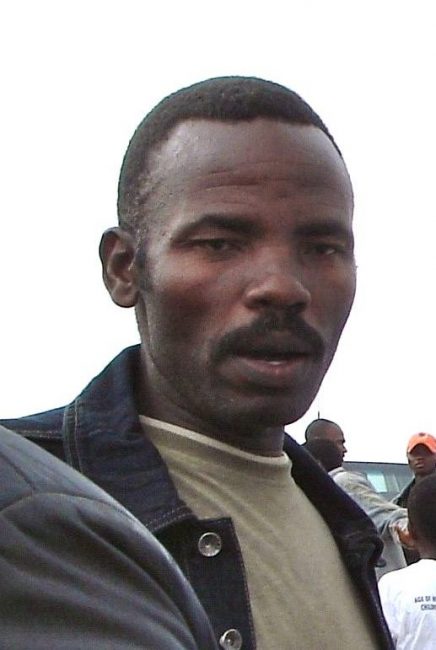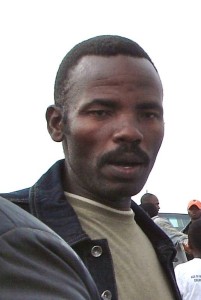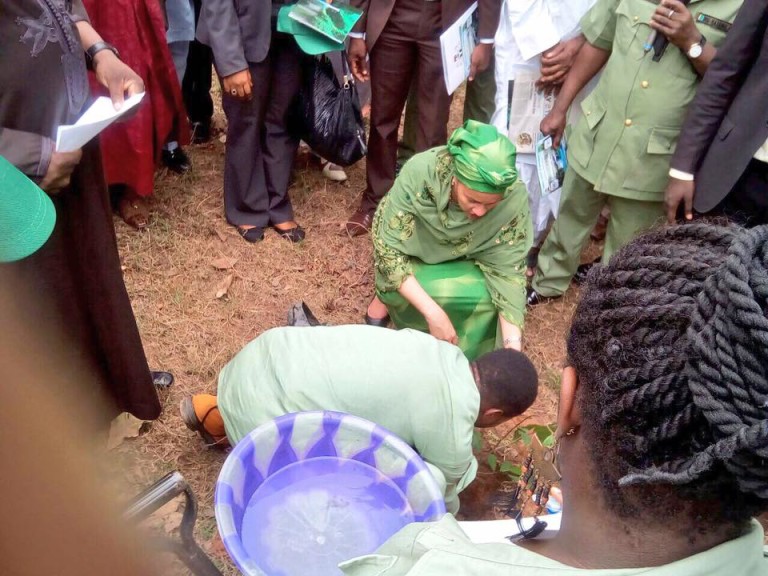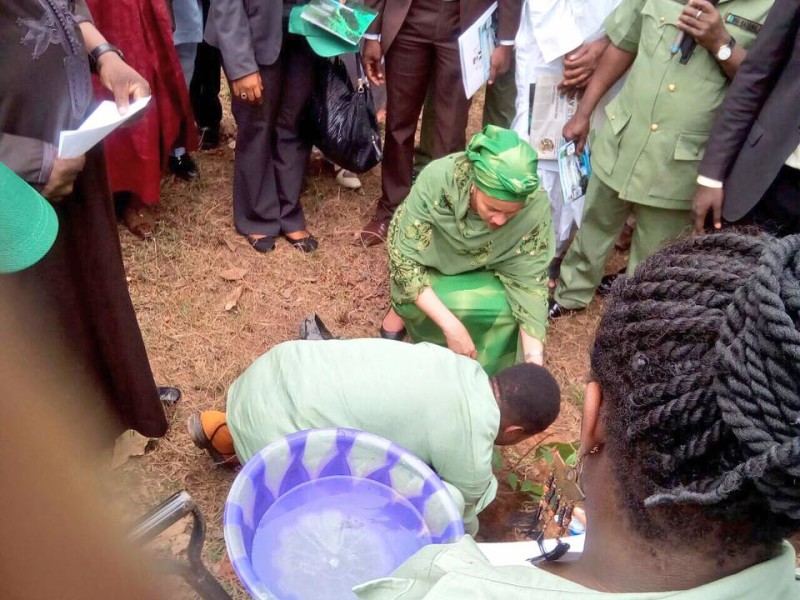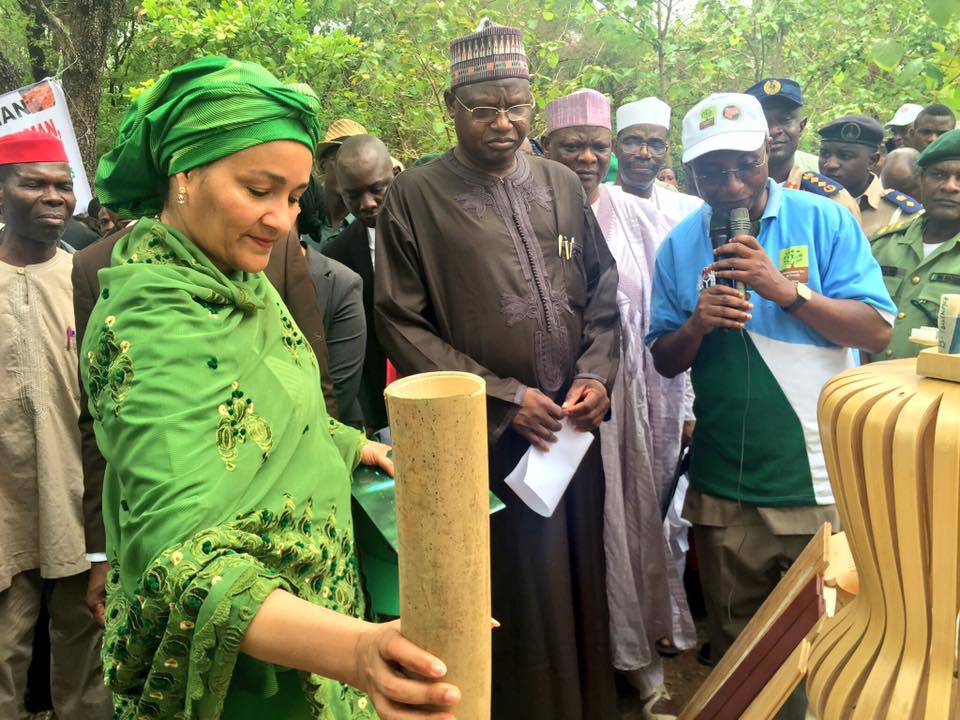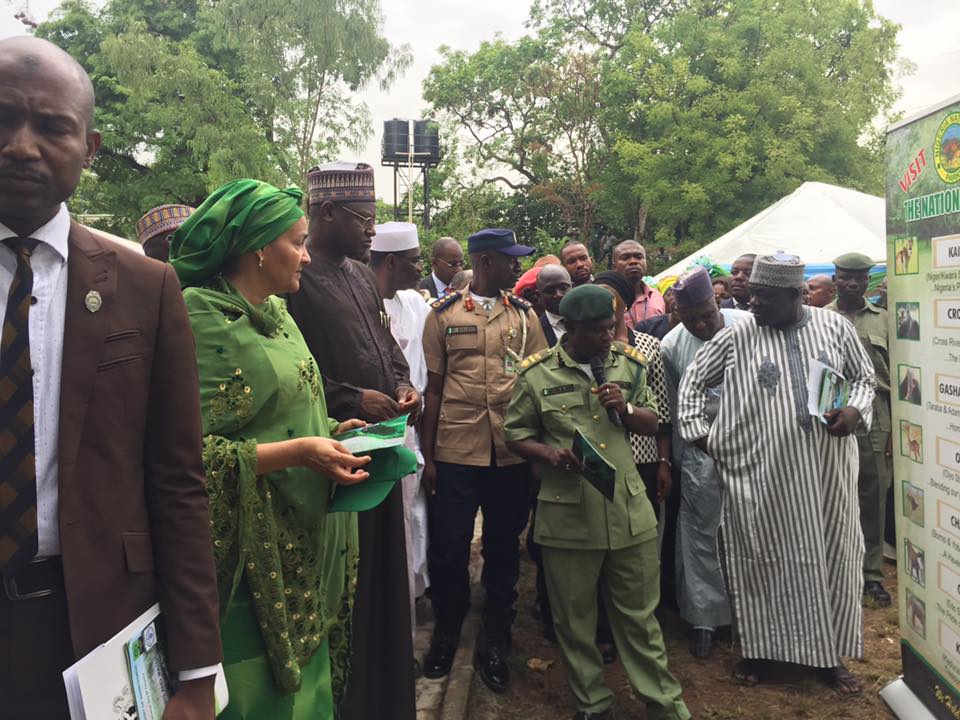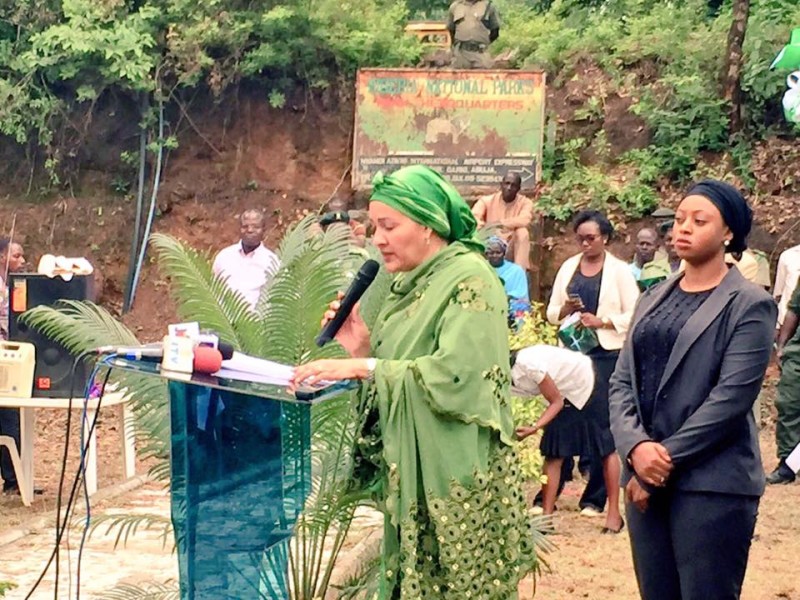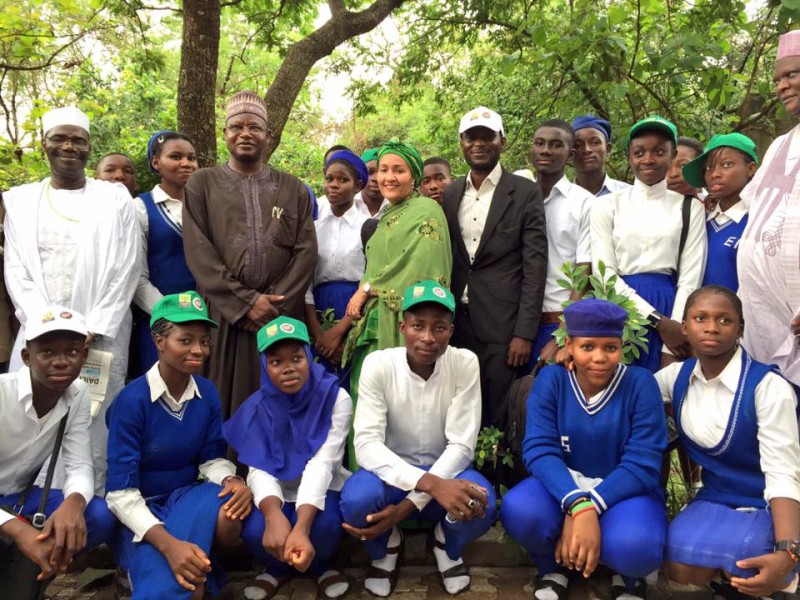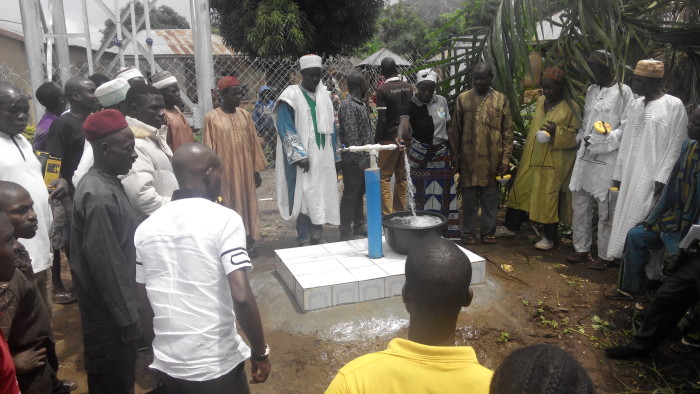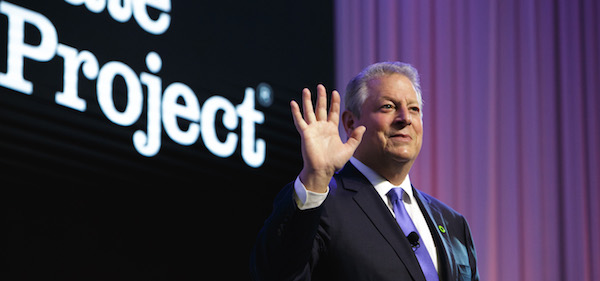Ways to boost cocoa produce in the country dominated discussions at a recent gathering in Ibadan, Oyo State, where stakeholders explored measures to address the dearth of planting materials for the cash crop.

Courtesy of the United States Agency for International Development (USAID) in Nigeria, major service providers in key producing states were drilled on issues related to vegetative propagation of cocoa, ostensibly to correct grey areas in its cultivation.
Cocoa is a small (about 4m to 8m tall) perennial tree crop that primarily comes from three tropical regions – Southeast Asia, Latin America, and West Africa. West Africa collectively supplies two-thirds of the world’s cocoa crop, with Cote D’Ivoire leading production at 1.65 million tonnes, and Ghana, Nigeria and Togo producing additional 1.55 million tonnes.
The week-long forum, which held at the International Institute of Tropical Agriculture (IITA) offices in the Oyo State capital, entailed series of practical sessions and field trips, as well as explanations on how to carry out rehabilitation of old cocoa trees via vegetative grafting with young or new budwoods from high-yielding cocoa trees. This measure reinvigorates the old tree and increases its productivity yield for another number of decades, according to the IITA.
The Nigerian cocoa industry, it was gathered, is currently plagued by low productivity at less than .350ton/hectare and dire scarcity of cocoa seedlings (planting materials) to cultivate much needed new cocoa plantations.
“Investments in new plantation are required to replace and expand existing cocoa estates, most of which were cultivated in the pre-independence era, hence the timely and strategic invention of USAID in the production end of the cocoa value chain,” disclosed a source.
Lead Facilitator at the event tagged “Training of trainers on cocoa rehabilitation and planting Material,” Dr Daniel Adewale, who is of the Department of Crop Science and Horticulture at the Federal University, Oye-Ekiti, Ekiti State, noted: “Nigeria is no longer getting full economic benefits from growing cocoa because most cocoa fields are old and small as well as the poor genetic qualities of the planting materials used.”
Therefore, the cultivation of cocoa is no longer a profitable crop for many farmers and, as a result of this, the nation’s quantity and quality of cocoa is declining, he added. According to him, the need to urgently address this decline is why USAID Nigeria is intervening through its Nigeria Expanded Trade and Transport (NEXTT) project to build the capacity of service providers/extension workers to help farmers rehabilitate old cocoa trees and cultivate new clonal seedling gardens – using budwood – for production of more high-yielding cocoa seedlings.
Speaking on the need to move Nigeria cocoa’s industry from the 19th century to the 21st century, Mr Remi Osijo from the USAID Nigeria NEXTT project identified the massive investment opportunities and its inherent potential for the Nigerian economy if young entrepreneurial cocoa farmers are “supported with renovation and expansion of atomized farms (less than one hectare) to 3-5 hectares, for higher yields of over one ton/hectare.”
He said: “There is an urgent need to encourage investments in commercial cultivation of nuclear cocoa estates not just for increased productivity but because the commercial scale of the operations and services that will be rendered. This will ultimately address quality issues of Nigeria’s cocoa beans as the fermentation, drying, ware housing and branding will be done appropriately and these services will certainly be extended to the atomised/local farmers around the estate.
“Just imagine the scale and number of jobs that will be created from this venture with Nigeria earning more revenue as premium price will certainly be paid for such standardised cocoa beans all over the world.”
Nigeria currently produces less than 500kg of dry bean per hectare. “This very low level of cocoa production has made it necessary to change protocol of production,” argues Dr Adewale, who is a scientist, and used to work with the Cocoa Research Institute of Nigeria (CRIN).
“Vegetative propagation is the best way to ensure increased production of high quality cocoa pods or beans instead of seedling cultivation because it enables multiplicity and commercialisation of high-yielding strains,” he said.
The crop scientist further explained that vegetative propagation makes it possible to multiply desired cocoa varieties thereby ensuring “quick replication of highly productive planting materials, production of uniform trees with shortened gestation period and cocoa plants are protected against diseases.”
The need for Nigeria to quickly bridge the gap in its cocoa production was also emphasised by Dr Ranjana Bhattacharjee, a Senior Researcher at IITA.
According to her, “globally, the chocolate and cocoa industry are in crisis due to low productivity which is failing to meet a growing demand that is increasing by 2% annually,” hence the need for Nigeria to urgently seize this opportunity growing global demand by increasing its falling cocoa production.
The country has fallen from the world leading producer of cocoa in the 1960s to fourth position after Cote D’Ivoire, Ghana and Indonesia respectively. Indonesia grew almost no cocoa before the early 1980s, when production took off and it is the world’s third leading producer of cocoa beans, growing 740,500 tons in 2012, according to the Food and Agricultural Organisation of the United Nations (FAO).
Cocoa was a major foreign exchange earner for Nigeria decades before the advent of crude oil. With falling crude oil prices and government revenue, major stakeholders have continuously called for the diversification of the Nigerian economy through agriculture and the development of cocoa value chain provides such an opportunity.
However, the failure to sustain and improve Nigeria’s production of cocoa over the years has led to its sharp decline and productivity at less than 0.350ton/hectare when other leading countries are producing about 2 to 5 tons per hectare of improved variety. This challenge is further accentuated by the lack of planting materials for cocoa, which is greatly affecting cultivation of new cocoa plantation in Nigeria.
“The use of high quality planting materials in the right environment and management plus market demands must all be linked and developed to increase Nigeria’s cocoa yield,” Dr Ranjana said, adding that “there is a need to develop more hybrid varieties.”
“A pipeline of varieties of high-yielding cocoa must be created and continuous research is essential for this,” she added.
The age-old use of cocoa beans as seeds for the cultivation of new cocoa seedling was strongly discouraged by the team of scientists and experts at the training.
Noting that “the size and shape of cocoa pods – as used by farmers to identify viable cocoa seed – is not the best way to find superior cocoa variety,” Dr Adewale explained that a myriad of issues such as the environment and cross pollination affects the final output of the cash crop which can be ascertained if clonal materials from the best trees were used instead of the seeds.
The forum, which featured participants such as government officials, farmers, extension workers, policy makers, input suppliers, service providers and financial institutions from all cocoa producing states in the country, also entailed a field trip to a cocoa plantation in Mamu village in Ijebu-Ode, Ogun State, where old cocoa trees were rehabilitated by the trainers to the delight of the local farmers.
The farmers were also trained on how to prune cocoa trees to ensure higher productivity instead of vegetative growths that limits the production of cocoa pods. The USAID Nigeria NEXTT project set an ambition for participants at the training to deploy the skills learnt to other farmers and extension workers in a bid to ensure the rehabilitation of 20,000 hectares of old cocoa trees, annually.
The need for cocoa farmers to invest in cost-effective irrigation method was underscored by Akpan Imeh, an irrigation expert, who warned that “the time has passed for farmers to be solely relying on climate-fed agriculture as the is climate changing.”
According to him, “Cote D’Ivoire has expanded its cocoa productivity above Nigeria and every other country because it has evolved the cultivation of cocoa beyond the traditional ways which relies on climate.”
The participants were tutored how to determine if their soil requires irrigation, using their palms to firm up soils collected at about 2 feet deep from the farms.
“If the soil forms a bond, then the soil will be able to withstand a lot of water stress but if there’s no bonding, irrigation is badly needed.” Akpan revealed, pointing out that there are series of ways by which such farms can be irrigated at little or no cost if the farmers cannot afford the drip irrigation.
By Augustina Armstrong-Ogbonna

